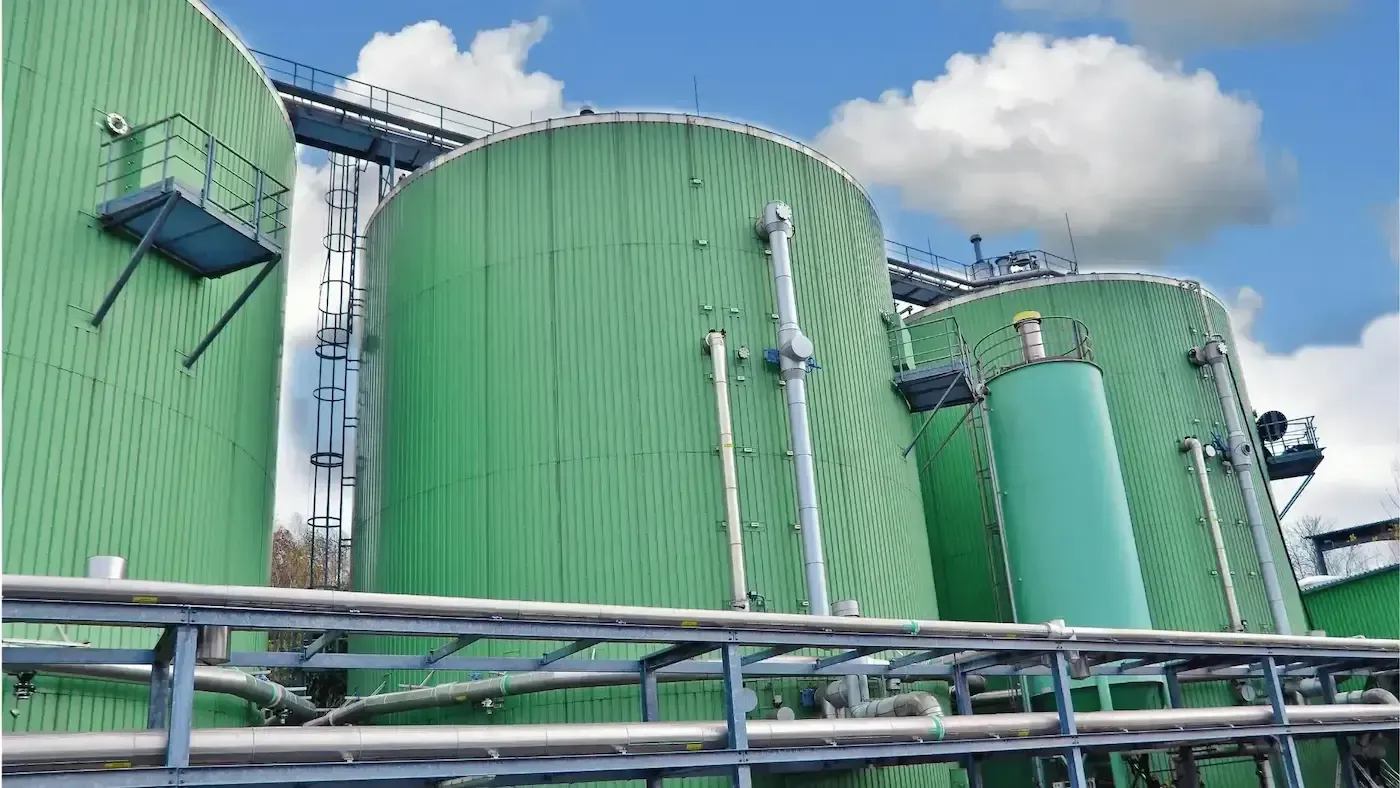Decarbonisation: a green strategy to unlock savings
New Zealand has slipped into the second recession of the past 18 months and with raising interest rates in an attempt to curb some of the highest inflation in the developed world, times are tough. Within this challenging financial climate, there is also an urgent requirement to innovate New Zealand’s energy systems to enable secure, reliable and affordable electricity supply while reducing emissions. Substantial investment is needed to get us where we need to be energy-wise – a need to generate an additional 530 MW per year until 2050 with the burden of these costs carried by energy users.
Initiatives like the now-defunct Government Investment in Decarbonising Industry (GIDI) Fund in New Zealand and similar programs in Australia shone a light on the willingness of businesses to make change, but they also illuminated how capital-intensive the projects are. If the situation feels bleak, there is solution. While the government strategizes on a national level, locally you can take action. To save money and achieve ambitious sustainability targets, you need tight control of energy consumption and its cost. And you can only control them if you know what they are.
Energy management: the key to unlocking change
For both households and businesses alike, the current economic landscape requires saving and cost reduction – and this is where energy management comes in. Energy efficiency is the essence of cost-efficiency and effectiveness, optimising existing resources for long term economic advantage – arguably the antidote to challenging environmental and economic times.

Companies embracing energy efficiency not only mitigate their carbon footprint but fortify operational efficiency, resilience, and competitiveness. Beyond environmental and sustainability benefits, focusing on energy efficiency yields a host of tangible economic advantages for businesses:
· Sizable energy cost savings
· Lowers business operating costs
· Improves facility performance
· Boosts competitive advantage
· Attracts and retains the best employees
· Attracts investors
· Enhances reputation
Energy efficiency emerges as the linchpin for sustainable business growth, underpinned by three fundamental pillars:
1. Improving processes
Optimising processes involves a meticulous examination of resource usage and flow. Here, the mantra is simplicity, effectiveness, and direct cost reduction. By scrutinising energy consumption patterns, quick wins are unearthed that directly alleviate energy expenditure.

Identifying energy waste and inefficiencies through energy audits and management:
Energy efficiency consultants identify areas of energy waste and inefficiencies, but also reveal opportunities for energy savings. Armed with actionable insights, businesses can then move forward and implement targeted measures to reduce energy demand and lower operational costs with enhanced sustainability.
Streamlining processes to boost operational efficiency:
Process engineering services are pivotal to implementing best practices. Process engineering consultants analyse and evaluate workflows, explore solutions to inefficiencies, proposing tailored yet realistic solutions to improve processes. From reconfiguring production lines to implementing advanced control systems, DETA’s process engineering specialists support and collaborate with businesses. Their focus being to boost performance and growth through streamlined operations, reduced energy consumption, and optimised efficiencies.
2. Reducing energy demand
Rather than “if it’s not broken, why fix it”, the adage of "doing more with less" epitomises more accurately the essence of saving energy and reducing demand. Leveraging strategies such as heat recovery, monitoring and targeting, minimising temperature variations, and system enhancements such as insulation and fan sizing yield substantial improvements ranging from 5% to 10%.
The temptation is to focus on the complex energy saving activities, but the cumulative impact of making smaller improvements is also high value. DETA's projects in Nauru showcase how perceived small changes add up to a significant reduction in energy consumption, but also the wonderful impact of energy efficiency training and outreach to drive efforts for a sustainable future.

Energy management services:
Implementing effective energy management practices is crucial for achieving significant reductions in energy demand. From developing long-term strategies, overseeing technology upgrades and behavioural changes to ordering the most efficient lightbulbs, DETA’s energy management consultants provide data-driven energy management plans to make sure you use your energy in the most efficient way, reduce waste, and drive sustainable cost savings.
3. Change energy source
Having a greater understanding and control over your energy consumption means your business is more resilient against energy price fluctuations. Through high impact research and development, energy generation technology continues to evolve, offering a myriad of options for a best-fit solution. From high-temperature heat pumps to biomass, geothermal, solar, wind, and innovative solutions like electrode boilers and waste stream utilisation, means there is greater opportunity to diversify energy source and realistic prospects for conversion and sustainability.
Carbon management strategy and decarbonisation road mapping services:
Changing energy source does not mean simply finding a cheaper energy provider. It’s about prioritising carbon reduction, committing to set emissions reduction targets, developing a carbon reduction plan, and implementing it across the business. DETA engineers have the knowledge and capabilities to transition your business to a carbon-neutral future. We empower businesses to navigate achieving net-zero without compromising business function.
DETA partnered with Cheetham Salt, Australia's largest solar salt producer, to develop an Energy and Carbon Roadmap for achieving net-zero carbon emissions and organisational sustainability. Through audits and analysis, DETA identified energy reduction initiatives and projects to meet emission reduction targets, ensuring a return on investment within 1 to 3 years.
To learn more about DETA’s processes to help businesses reduce reliance on fossil fuels and mitigate environmental impact, download DETA’s free Carbon Roadmap Guide, click here.

Carbon Reduction Plans: defined actions to achieve sustainability targets
The Carbon Reduction Plan provides a roadmap from current to target states, assessing reduction opportunities, costs, and savings, emphasising continuous improvement through ongoing monitoring and refinement. A Carbon Reduction Plan is a living document adaptable to business changes, technological advancements, and shifts in the operational landscape. Updating the carbon footprint annually and leveraging improved data collection methods optimise both environmental and economic outcomes and deliver seamless integration with other strategies.
Embracing energy efficiency as the cornerstone of sustainability agendas, businesses can unlock significant savings while fostering environmental stewardship. Through strategic partnerships with energy and sustainability consultants, coupled with a commitment to continuous improvement, companies can chart a course towards a more resilient, competitive, and sustainable future.
In recent years, sustainability and environmental conservation have gained significant traction among businesses. Demands from customers, pressure from governments, and the urgent need to protect the planet drive this trend. However, despite noble intentions, companies encounter formidable challenges in embracing eco-friendly practices. Budget limitations, insufficient knowledge, and inadequate incentives pose substantial hurdles; the first step is always the hardest.
DETA are here to help you overcome the obstacles and journey towards net-zero with confidence. If you would like your business to be involved in positive change for a greener future, call DETA today, click here for contact details for our Aotearoa New Zealand, Australia, and the Pacific teams.





